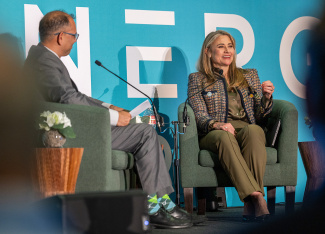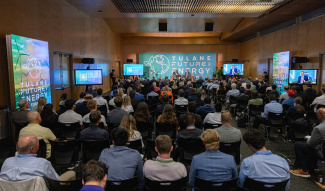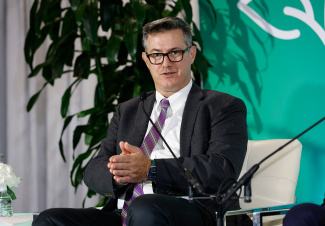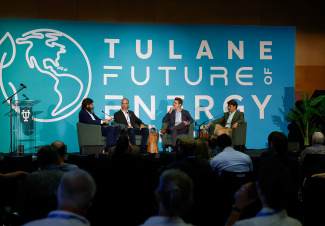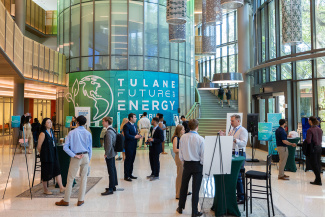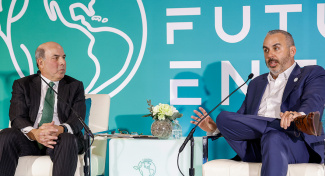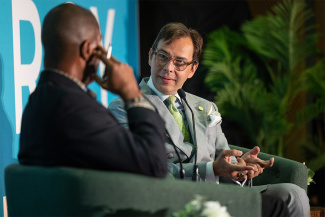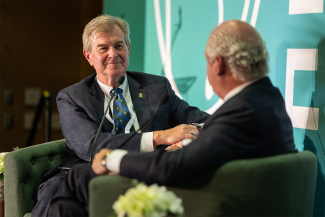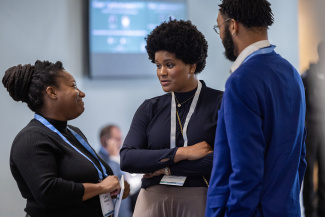Illustration and animation by Jack Hudson
On Tulane’s uptown campus this September, students donning suits brushed shoulders with executives from major energy companies, while founders of energy startups talked with law professors and policy makers outside the packed Kendall Cram lecture hall and companies demonstrated their technologies.
The mingling of different fields and people brought together by their interest in energy during the second annual Future of Energy Forum, felt “very authentic to Tulane,” said Tulane alum and founder and CEO of Pila Energy Cole Ashman.
Almost 2,000 people registered for the forum, doubling the interest from the first year of the event and fulfilling the vision of a conference that would bring together local residents, students and experts to have important conversations about energy in all its forms.
“There are no easy answers, and that’s exactly why we’re here,” said President Michael A. Fitts as he welcomed attendees to the second annual forum.


